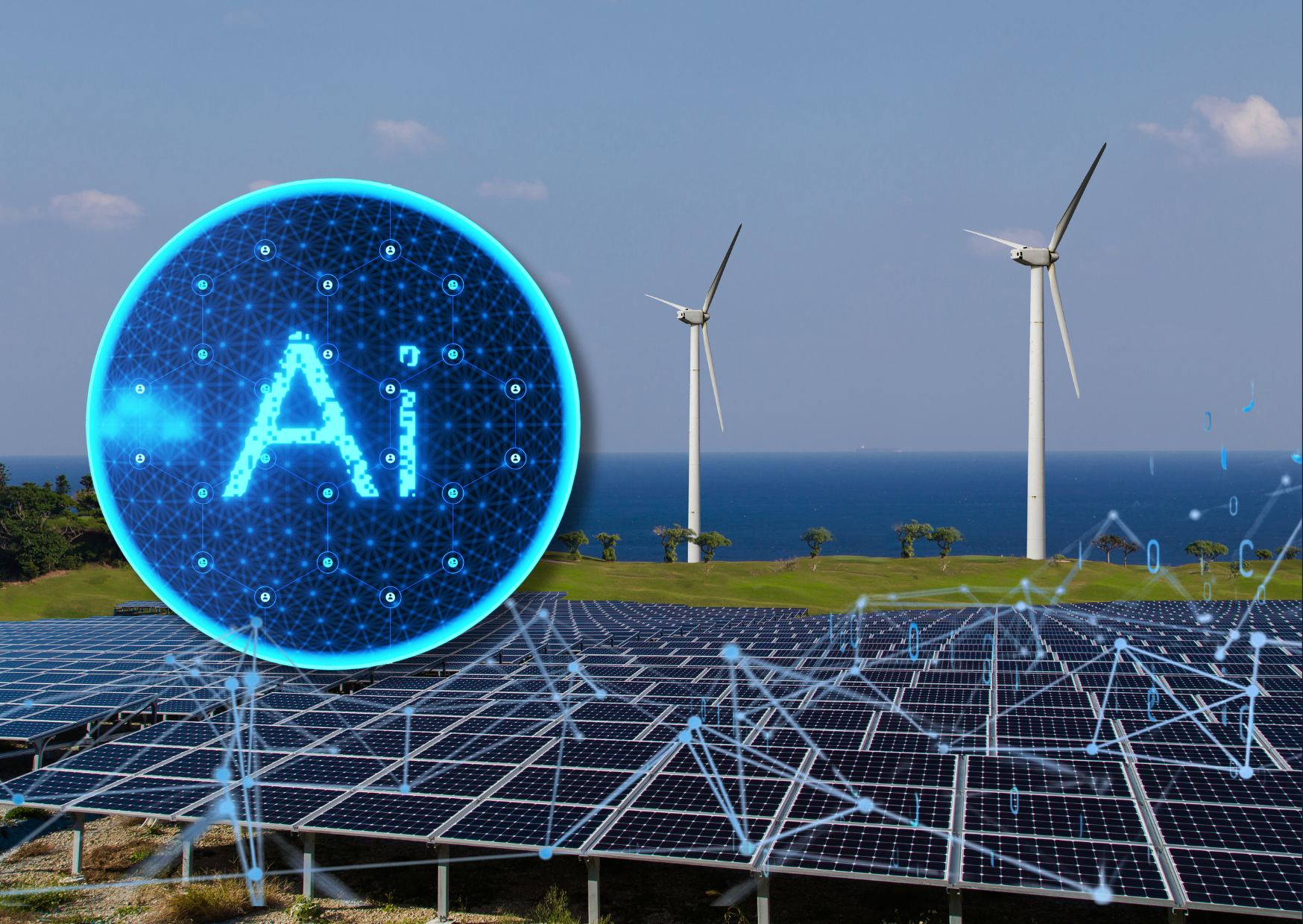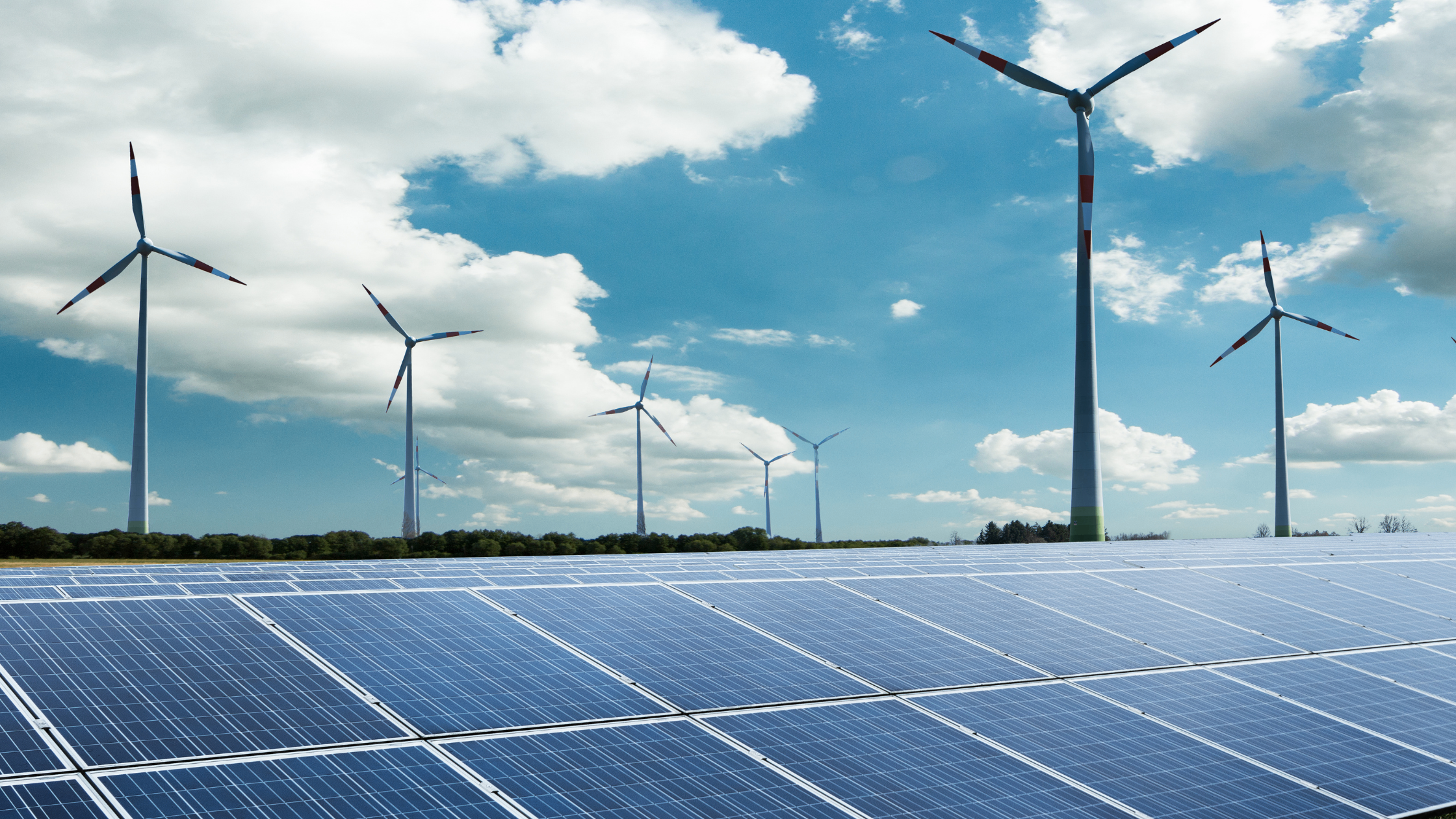Over the last few years, the use of generative AI has grown rapidly, bringing with it both exciting opportunities and important challenges.
In the renewable energy sector, AI offers the potential to lower costs, improve efficiency, and speed up innovation, helping the world transition to cleaner power faster. At the same time, adopting these tools requires careful consideration of risks, such as high energy consumption, reliance on complex systems, and ethical questions around data use.
As the sector continues to evolve, the key question becomes: how can we harness the benefits of AI while managing its costs to ensure a more sustainable energy future?

Increased Efficiency
In the past, new energy technologies have taken decades to move from idea to everyday use. For example, solar panels and electric cars took more than 30 years to reach wide adoption.

